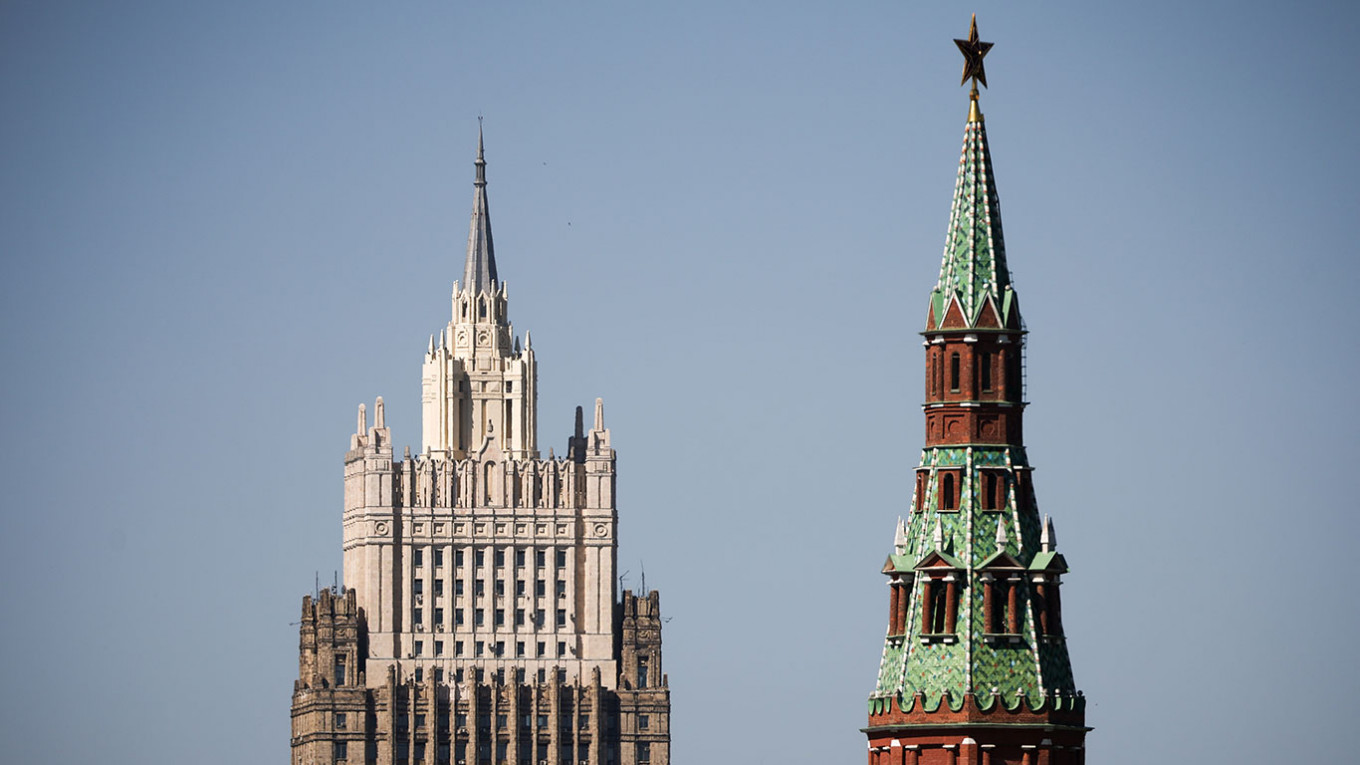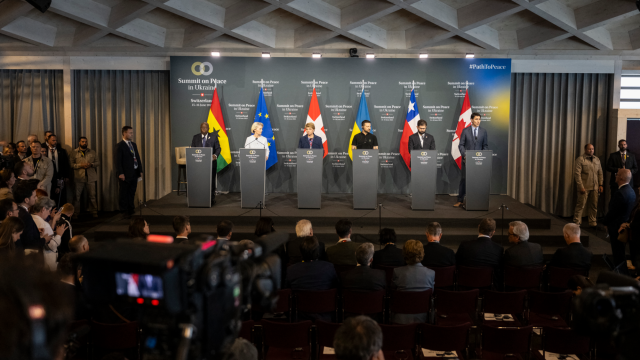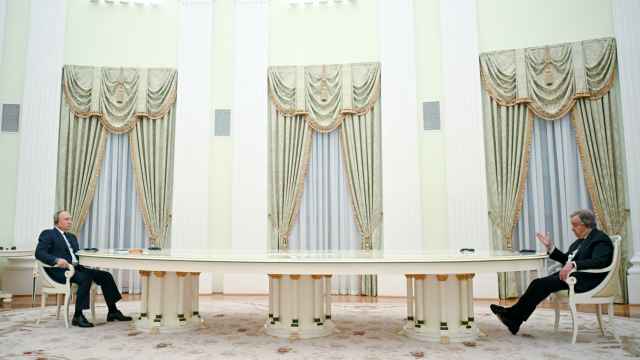A Russian diplomat posted to the United Nation’s office in Geneva has publicly resigned in protest against Moscow’s ongoing war in Ukraine.
In a statement, Boris Bondarev called the invasion “a crime” and a “bloody, witless and absolutely needless ignominy.”
“For 20 years of my diplomatic career I have seen different turns of our foreign policy, but never have I been so ashamed of my country as on Feb. 24 this year,” he wrote in a statement published on social media.
The diplomat, who specializes in arms control and disarmament, placed blame for the war directly on Russian President Vladimir Putin.
“Those who conceived this war want only one thing — to remain in power forever, live in pompous tasteless palaces, sail on yachts comparable in tonnage and cost to the entire Russian Navy,” he wrote. “To achieve that they are willing to sacrifice as many lives as it takes. Thousands of Russians and Ukrainians have already died.”
Bondarev also condemned the country’s diplomatic service and compared the rhetoric of the Russian Foreign Ministry to Soviet propaganda of the 1930s.
“Today, the Ministry of Foreign Affairs is not about diplomacy. It is all about warmongering, lies and hatred. It serves interests of few, the very few people thus contributing to further isolation and degradation of my country,” he wrote. “Russia no longer has allies, and there is no one to blame but its reckless and ill-conceived policy.”
Kremlin spokesman Dmitry Peskov on Tuesday likened Bondarev’s statement to an act of defection.
“He is no longer with us but against us,” Peskov said during a press briefing. “He condemns actions of the Russian leadership that are supported by almost the entire population of Russia.”
Few within Russia’s diplomatic corps have publicly spoken out against Russia’s war in Ukraine.
Days after the invasion took place on Feb. 24, the head of the Russian delegation at a major United Nations climate meeting, Oleg Anisimov, apologized “on behalf of all Russians who were not able to prevent this conflict.”
An anti-war post also appeared on the Instagram page of the Russian Consulate in Edinburgh on May 6.
"I, Consul General of Russia in Edinburgh, A.I. Yakovlev, categorically condemn the military operation of the Russian Federation Armed Forces against the sovereign, independent government of Ukraine," the post read. "I fully support any assistance to the Armed Forces of Ukraine from EU countries."
Russian authorities later claimed that the page had been hacked.
A Message from The Moscow Times:
Dear readers,
We are facing unprecedented challenges. Russia's Prosecutor General's Office has designated The Moscow Times as an "undesirable" organization, criminalizing our work and putting our staff at risk of prosecution. This follows our earlier unjust labeling as a "foreign agent."
These actions are direct attempts to silence independent journalism in Russia. The authorities claim our work "discredits the decisions of the Russian leadership." We see things differently: we strive to provide accurate, unbiased reporting on Russia.
We, the journalists of The Moscow Times, refuse to be silenced. But to continue our work, we need your help.
Your support, no matter how small, makes a world of difference. If you can, please support us monthly starting from just $2. It's quick to set up, and every contribution makes a significant impact.
By supporting The Moscow Times, you're defending open, independent journalism in the face of repression. Thank you for standing with us.
Remind me later.






